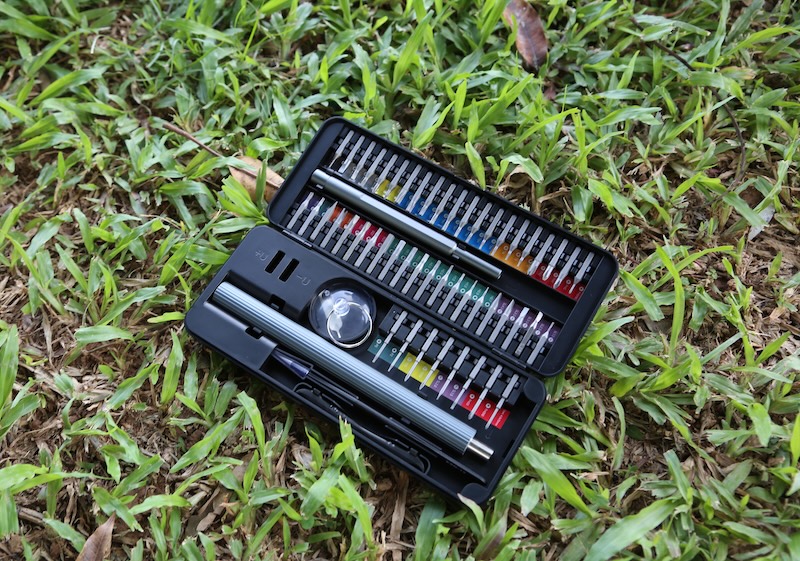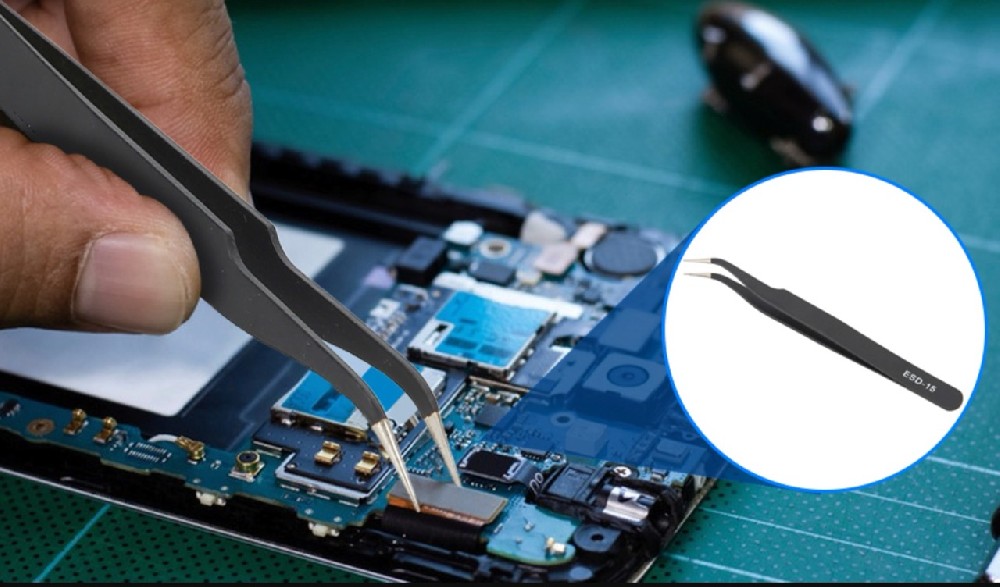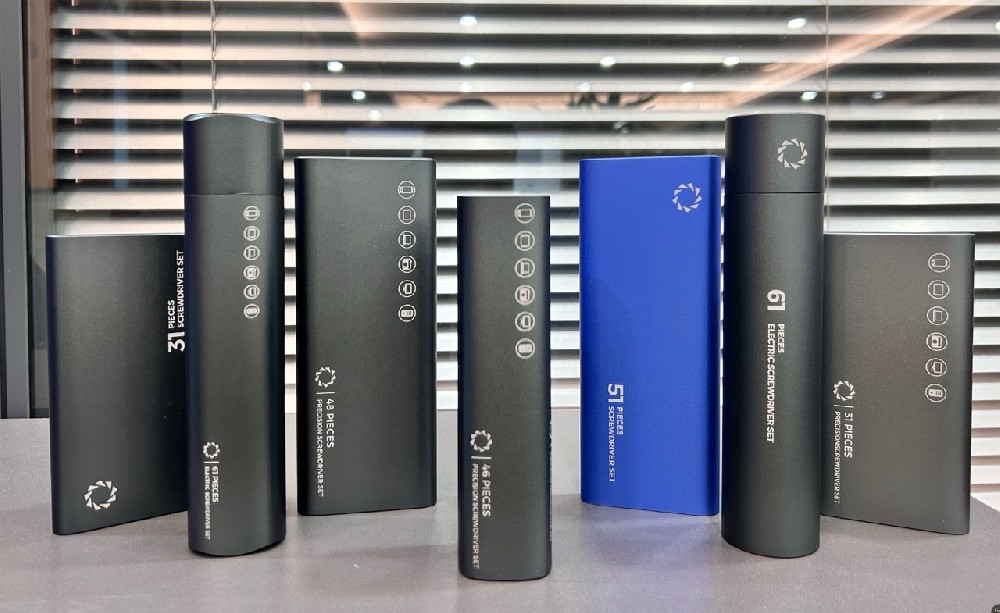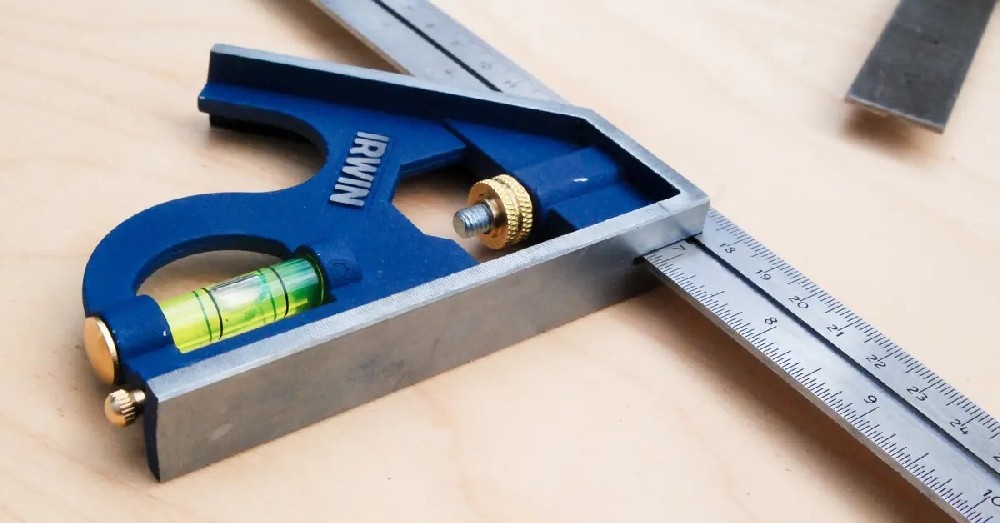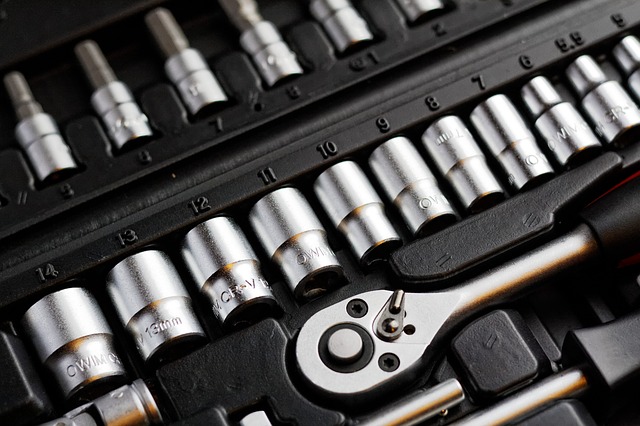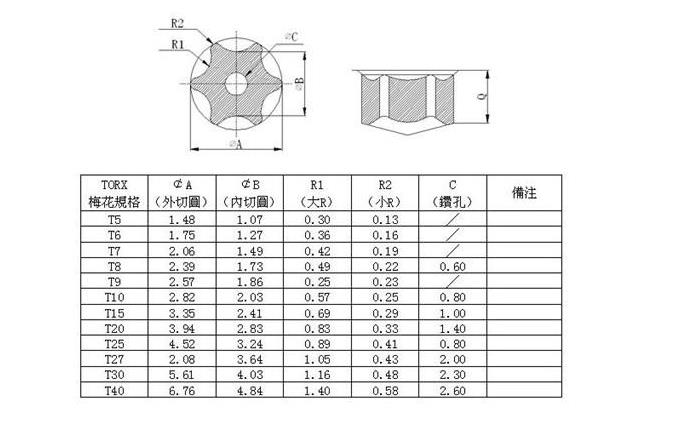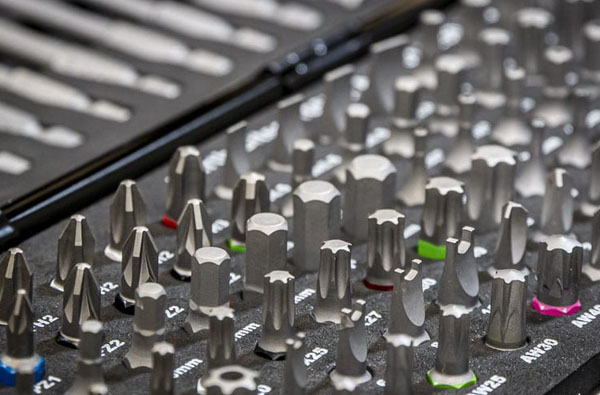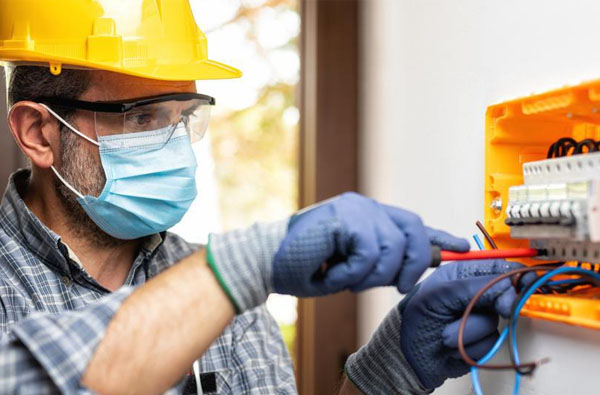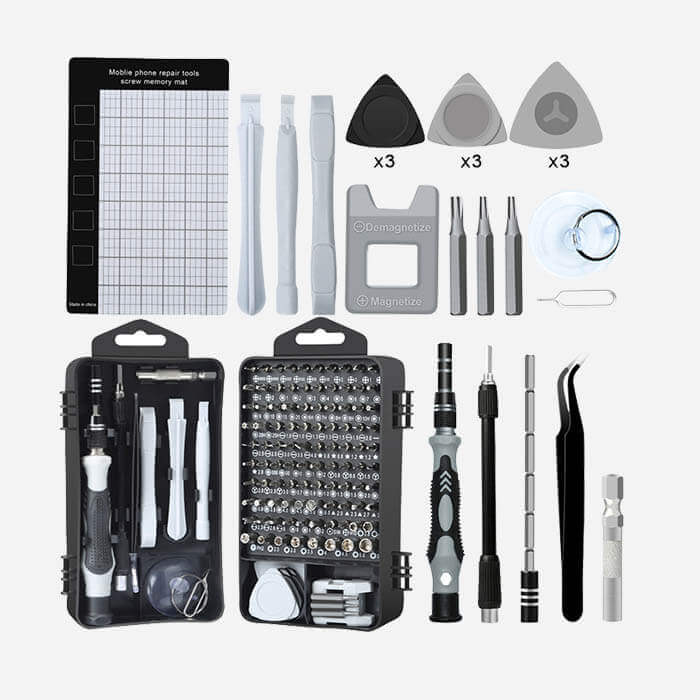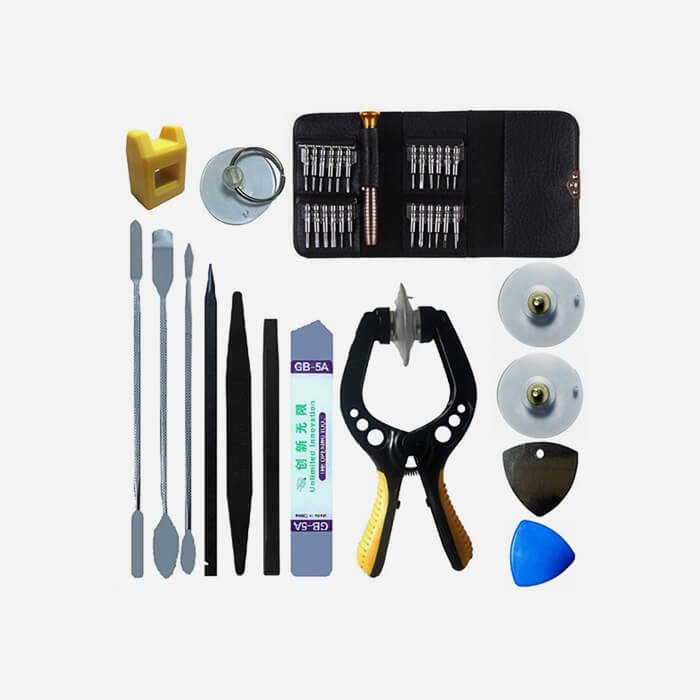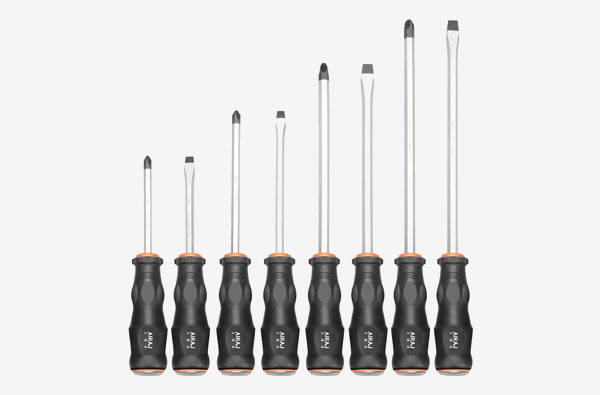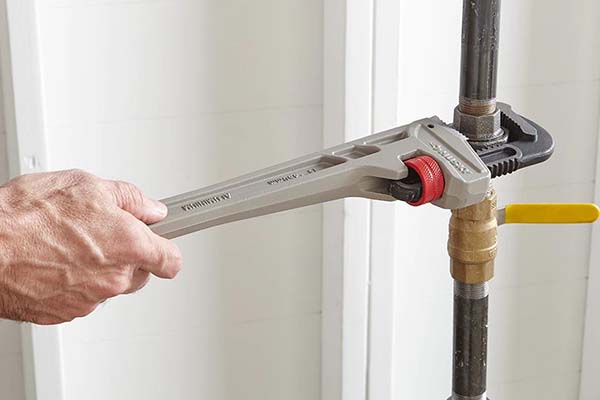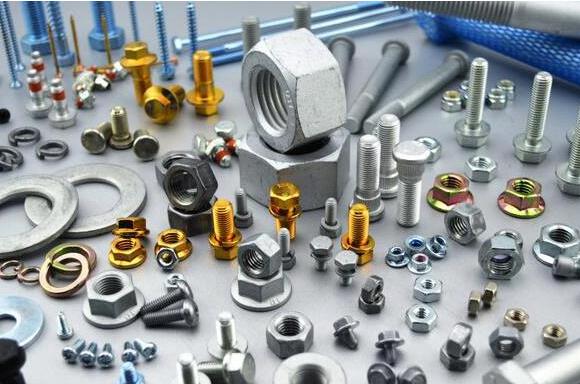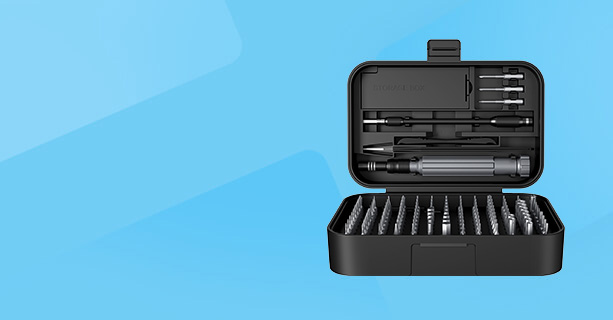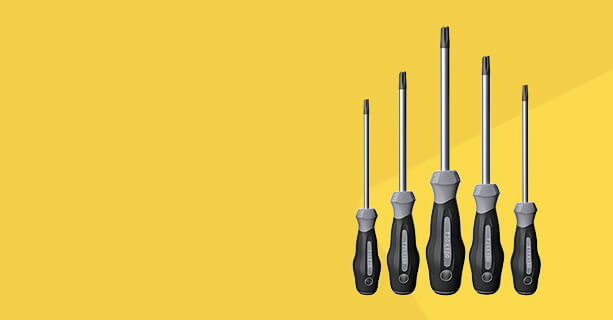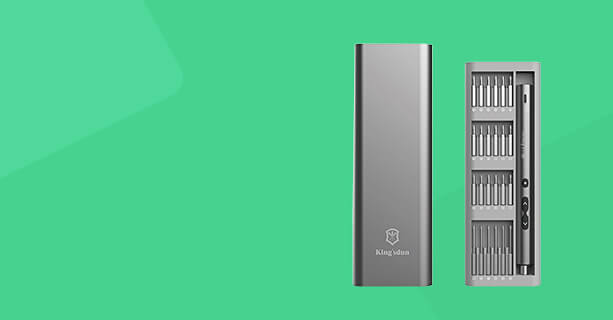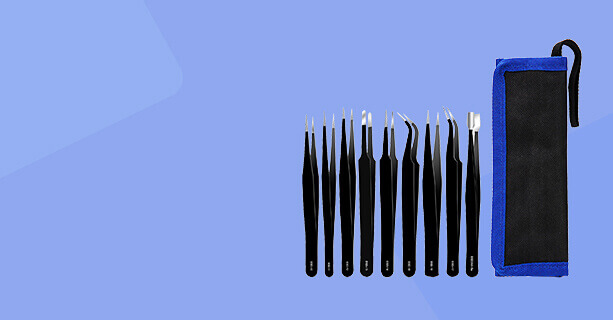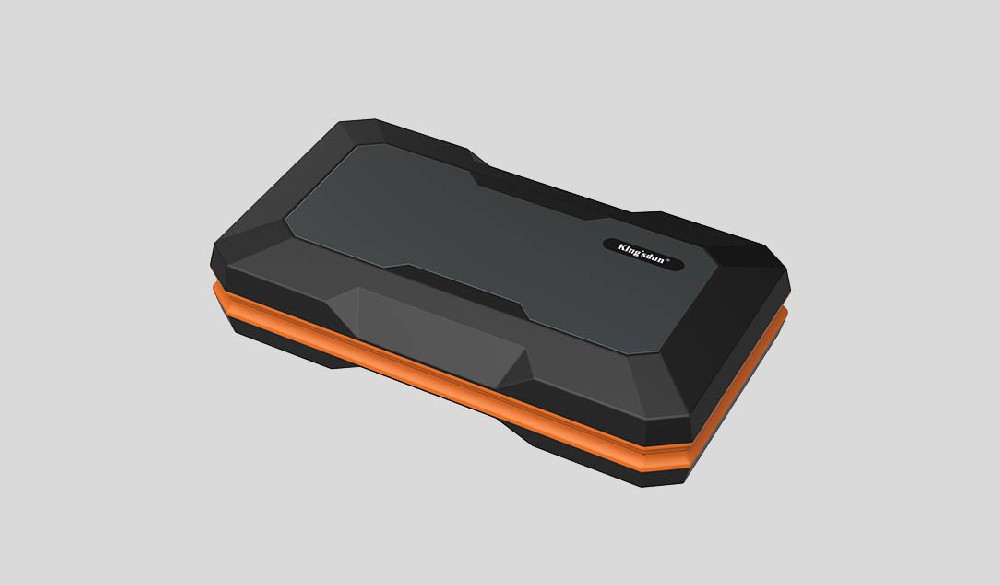
Mastering Your Toolbox: The Ratchet Screwdriver Revolution
In the world of tools, where precision and efficiency are paramount, the debate over the choice of the right screwdriver often takes center stage. Whether you're a DIY enthusiast, a professional tradesperson, or simply someone who occasionally needs to tighten or loosen screws, the decision between using a ratchet or a non-ratchet screwdriver can significantly impact the quality of your work and the ease of your tasks.
Screwdrivers are the unsung heroes of countless projects, from assembling furniture to repairing electronic devices. While the traditional, non-ratchet screwdriver design has been the go-to choice for decades, the advent of ratchet screwdrivers has brought forth a new contender in this timeless debate. In this article, we will explore the merits of both ratchet and non-ratchet screwdrivers and make a compelling case for why ratchet screwdrivers deserve a prominent place in your toolkit.
Whether you're looking to streamline your work process, save time and effort, or simply enjoy the convenience of modern tools, the choice between ratchet and non-ratchet screwdrivers is an essential decision that every tool user should consider. So, let's dive into the heart of the matter and uncover the reasons behind the growing popularity of ratchet screwdrivers and why they are becoming the preferred choice for many.
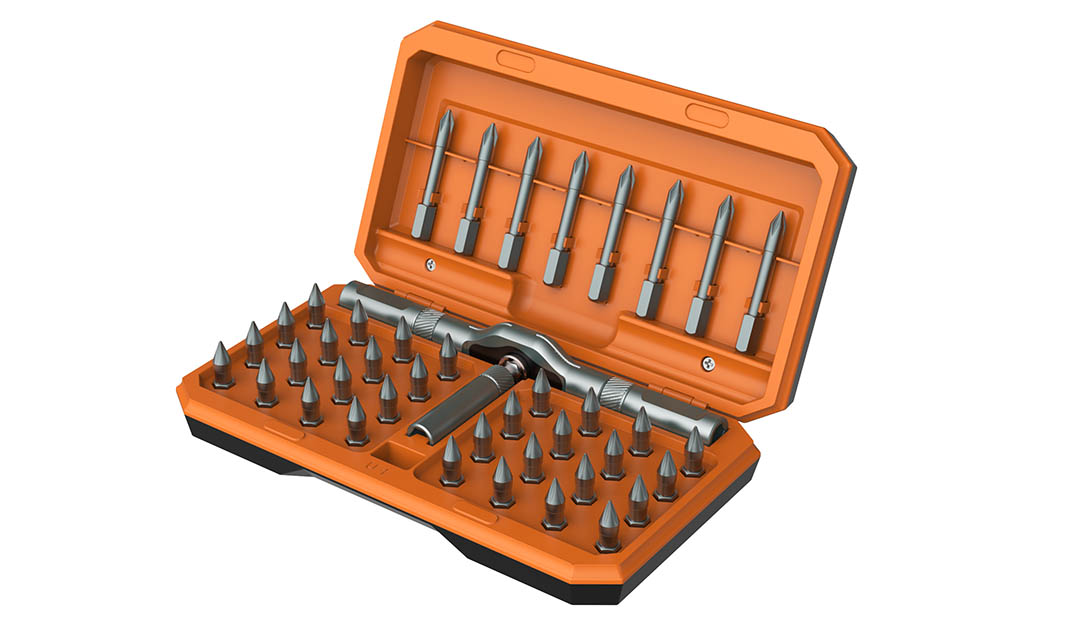
Understanding Screwdrivers
Before we delve into the debate of ratchet versus non-ratchet screwdrivers, it's crucial to understand the basic anatomy of a screwdriver and the roles they play in various applications. Screwdrivers come in a multitude of shapes and sizes, each designed to accommodate specific screw types and the tasks at hand.
Traditionally, non-ratchet screwdrivers have been a ubiquitous choice. Their straightforward design features a fixed handle and a solid, non-moving shaft that accepts various interchangeable bits. This design, like the trusted UF-TOOLS 42-in-1 Ratchet Screwdriver Set, offers versatility and adaptability to a wide range of fasteners.
What sets UF-TOOLS' 42-in-1 Ratchet Screwdriver Set apart is its innovative segmented handle, reminiscent of the iconic Duke RS1 handle. This segmented handle provides a customizable and comfortable grip, enabling users to adjust it to their liking for enhanced control and reduced hand fatigue. Whether you're working on a compact, intricate job or tackling larger fasteners, this adaptable handle is a game-changer. Paired with an extensive selection of 40 S2 alloy steel bits, including 10 extended bits for added reach, this set is a comprehensive solution for various applications.
The inclusion of these extended bits not only aids in reaching recessed screws but also ensures the set caters to a broader spectrum of fastening scenarios. These bits, constructed from durable S2 alloy steel, deliver robust performance and durability. This combination of an ergonomic handle and a rich selection of bits makes UF-TOOLS' 42-in-1 Ratchet Screwdriver Set an indispensable companion for professionals and DIY enthusiasts alike.
As we continue to explore the ratchet and non-ratchet debate, it's clear that ratchet screwdrivers provide a modern twist to traditional tools, offering solutions for improved efficiency, especially when dealing with frequent or repetitive fastening tasks. In the following sections, we'll take a closer look at the advantages and disadvantages of both ratchet and non-ratchet screwdrivers, helping you make an informed choice for your specific needs.
Features of the Ratchet Screwdriver
1. Well-Made Gearing
A ratchet screwdriver consists of two parts, including the handle and the gear. The helical gears are made of alloy steel to form a strong coupling for the handle and the gear.
2. Comfortable Handle
A good ratchet screwdriver will have a comfortable handle, which is fastened around one side of the tool. The friction design and ergonomic handle enable you to secure your hardwood screw with ease while working on infrequent repairs. In addition, the ratchet screwdriver has a soft-grip handle that is made of rubber, which makes it comfortable to hold.
3. Robust Ratchet Mechanism
Good ratchet screwdrivers feature a ratchet mechanism that ensures fluid and fast rotation. The ratcheting mechanism also secures your screwdriver in place so that you can fasten or unfasten screws with ease.
Difference Between Ratchet and Non-Ratchet Screwdrivers
There are a lot of differences between a ratchet and a non-ratchet screwdriver. One of the main differences is their design, which was made to work for different purposes. A non-ratchet driver has two coils that allow it to spin faster than other types of drivers. Here are a few of the differences between ratchet and non-ratchet screwdrivers:
1.Ratchet screwdrivers are easier to use and have a higher quality of gear.
2.Non-ratchet screwdrivers can break but are generally considered to be of better quality.
3.Non-ratchet screwdrivers hold up to 6 bits, while ratchets usually hold up to 3.
4.Non-ratchet screws need more torque, and it is hard for them not to slip.
5.Ratchets do not have to be extra heavy when compared to non-ratchets.
6.Ratchet screwdrivers made of stainless steel are more efficient, but this will not affect its strength in comparison with non-ratchet that was made out of cheaper materials.
7.Ratchets can be run dry without ever breaking down.
Why Should We Use the Ratchet Screwdriver?
1. Comfort
The ratchet screwdriver is similar to a wrench, so it can be softer with less force and displace heavy objects without effort. Moreover, the ratchet screwdriver is the most efficient and the most powerful in its class.
2. Efficiency
A ratchet screwdriver can make it possible for you to change the direction very fast as an electric drill does. This is useful because when you are changing the way that a screw goes into something, this will help greatly by making sure nothing slips out since it has less annoying torque than non-ratchets and no additional bits meaning only six parts in comparison with 3 in most non-ratchets.
3. Control
Using ratchet type of precision screwdriverswill help you gain better control because it is easier to change the direction of screws without risking fumbling. In contrast, non-ratchets can be very hard to change the direction of screws without the risk of dropping them.
4. Power
Using ratchet screwdrivers will allow you to do more work because they are more powerful than non-ratchets, and they can be run dry without ever breaking down. Non-ratchets are not as powerful as ratchets, so you will have to keep replacing them if you need a lot of power.
If you are looking for a screwdriver factory to customize your screwdriver set, please do not hesitate to contact us, thank you!

